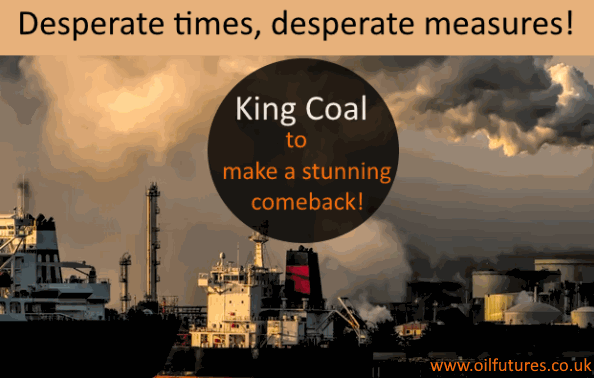On a determined mission to turn their back on Russian oil and gas, the European countries are simply staring into an abyss of uncertainty in the absence of reliable substitutes for the shortfall.
Before the war broke out, the EU relied on Russia for over 40% of its gas supply; in Germany, the figure is said to be around 55%.
Having a good sense of vulnerability of the European Union over its reliance on Russian gas, the world's largest country knows exactly what it is supposed to do in order to safeguard its own interests.
Russia, for instance, has already reduced supply of its gas to Europe by 60%, citing 'maintenance' issues, dealing a hammer blow to the need of the fuel in the major economies in the EU, particularly Germany.
The growth forecast for Germany, the largest economy in the EU, has been reduced from 3.5% to 1.5%, raising the spectre of recession; if it reaches the dreaded finale, the cascading effect will be extensive, analysts warn.
In response, the EU, among a few more things, keeps saying that Russia is 'blackmailing' Europe in order to hit back at the former over crippling sanctions; trading blows by the blocs, however, does not solve a serious crisis that is in the offing, especially in the winter months ahead.
Defence analysts already have warned that the war in Ukraine will last months, if not years with Russia being ready for the long haul. In this context, the political uncertainty that stems from the conflict is going to make the energy crisis much more worse than it really is now, in the coming months.
Even Sweden, the Scandinavian country known as a modest gas user, is taking measures for a rainy day, fearing a crisis ahead.
To make matters worse, there are indications that a few more countries may be sucked into the conflict, if the mutual suspicion among nations grows exponentially. The row over the Baltic enclave, Kaliningrad, between Russia and Lithuania is a case in point.
When European nations are locked in an ideological battle over Russia, Asian buyers continue to go on their buying spree grabbing Russian oil at discounted prices, with both China and India being at the forefront; analysts believe they cash in on the opportunity to fill up petroleum reserves as well - repeating the scenario during the great oil price crash in 2020 at the peak of the Covid-19 pandemic.
In short, Russia still manages to fill its coffers circumnavigating the sanctions; neither China nor India is going to cease buying Russian oil due to the Western pressure; they already saw it through.
European customers, by contrast, are going to suffer on many fronts due to rising energy costs that in turn leave the collective political leadership in a perpetual quandary in the face of extended strikes over pay hikes to meet the cost of living crises and of course, intense inflationary pressure.
This crisis can only get worse in the coming months: unless sanity breaks out at decision making level, the Europeans will really struggle in the colder months ahead, if the faltering supply issues are not addressed; the overwhelming evidences imply that a serious crisis is just a few months away.
Although there are new players in the supply chain of the LNG, liquefied natural gas, the inevitable logistic problems are getting in the way when things are done in a rush.
LNG suppliers, on the other hand, are not doing it for charity; they have to look after the interest of their investors while embarking on risky projects without knowing the end game very well.
Qatar, one of the top LNG in the world, had been warning the world its inability to be a substitute for the Russian supply of the commodity, before the war broke out. It, however, appeared to have fallen on deaf years - judging by the state of panic that we are in today.
The speed at which some European nations such as Germany and Austria are turning back to coal, the 'dirtiest' of all fossil fuels up until recently, just shows the desperation: coal imports are rising and the operators are given the green light to switch back to coal in order to keep the power supplies uninterrupted - suspending the green ambitions for the time being.







